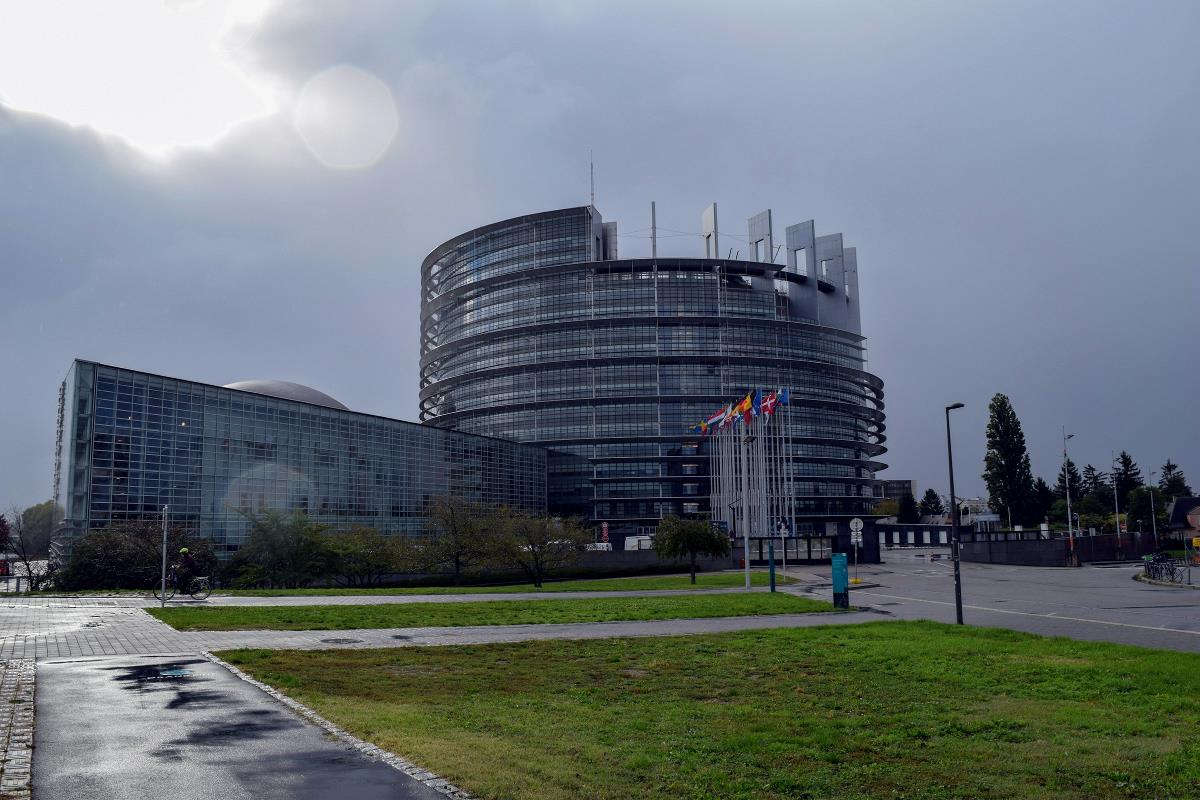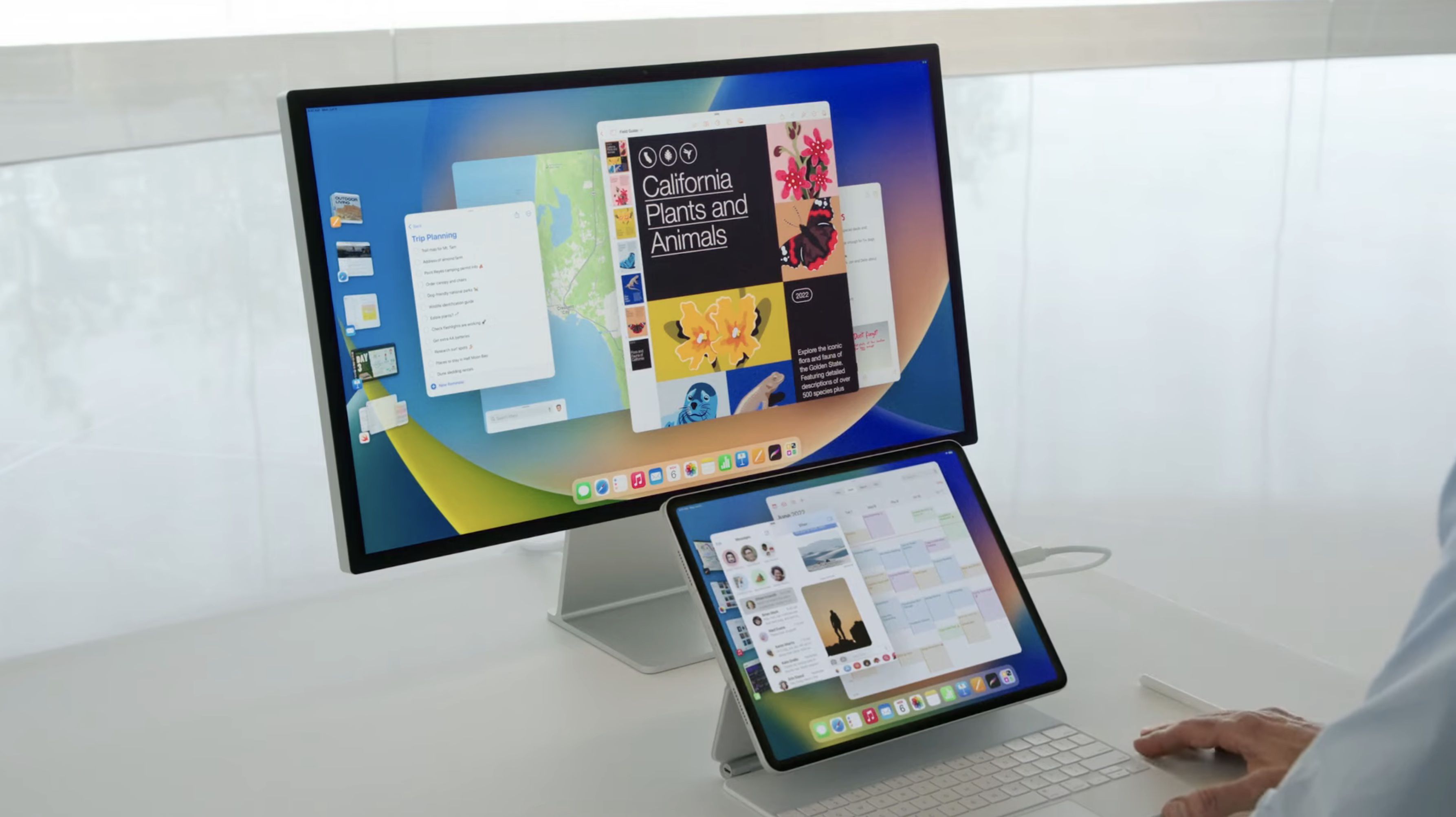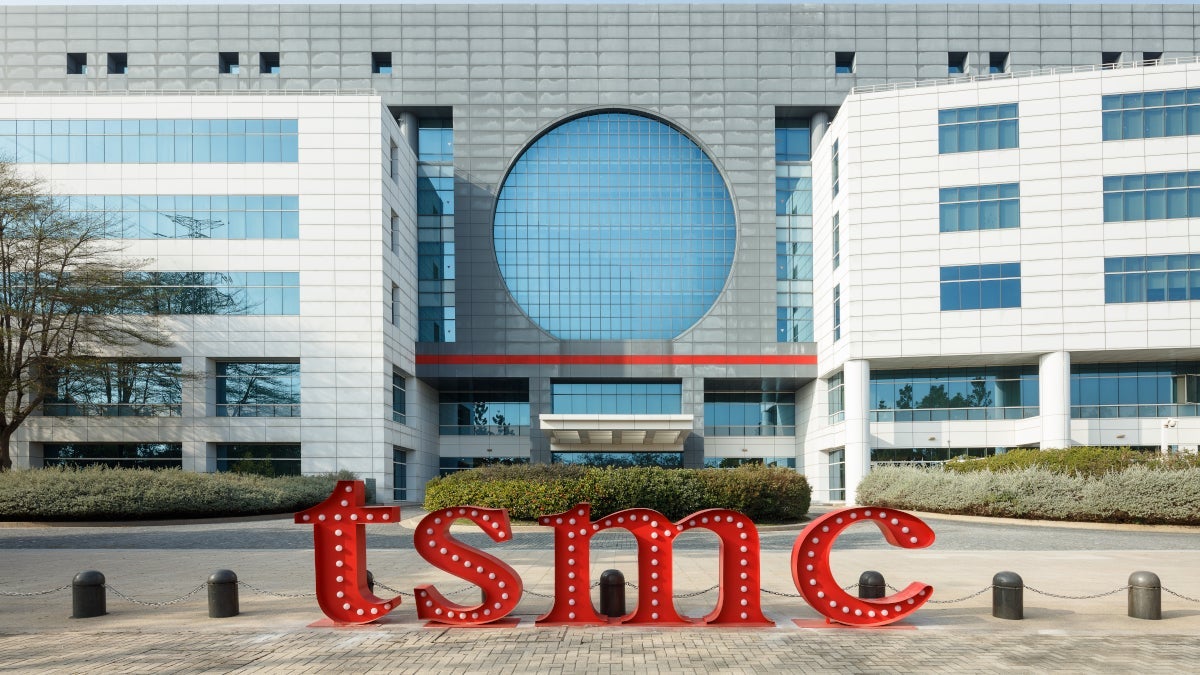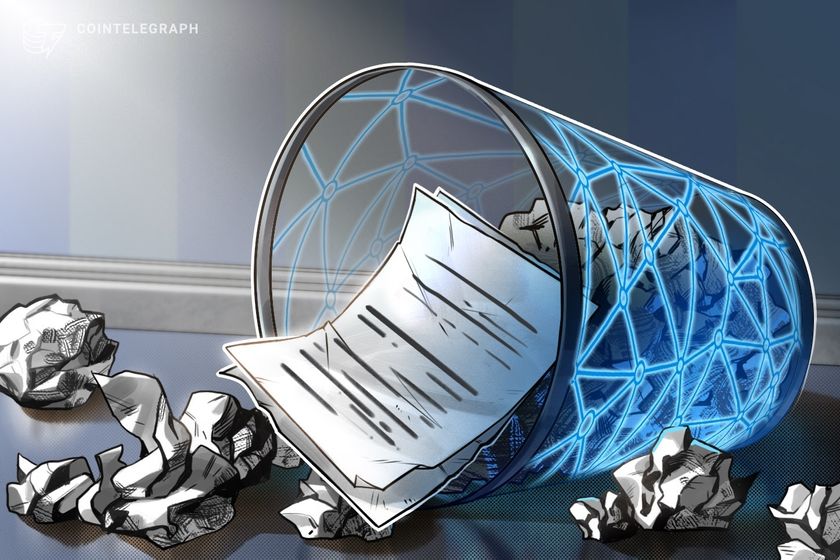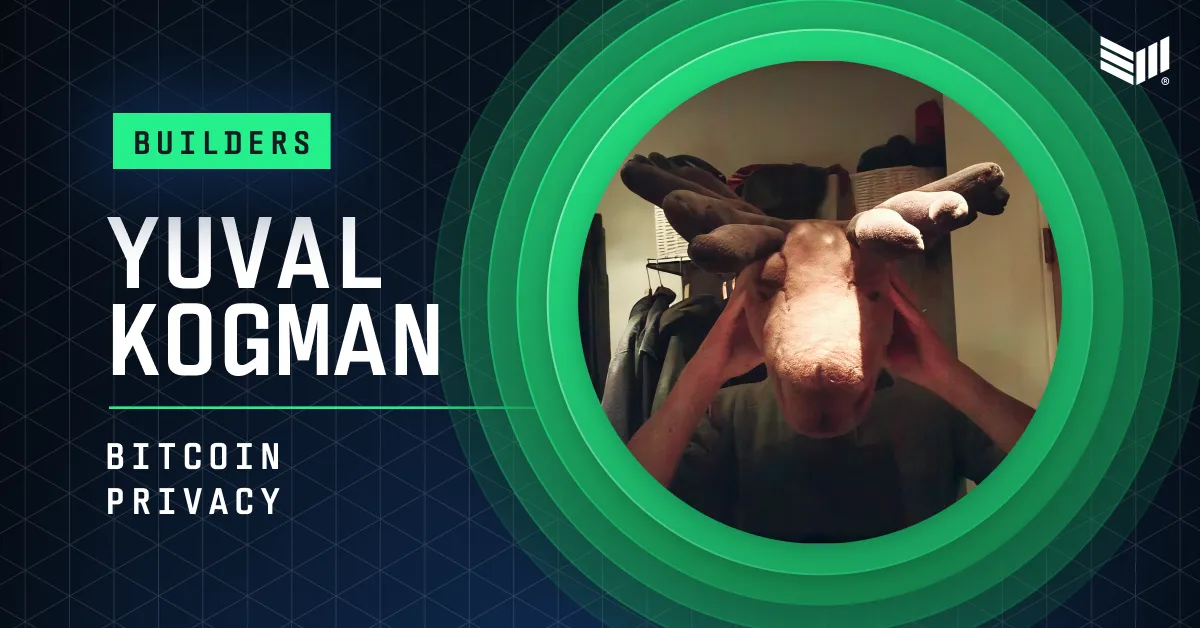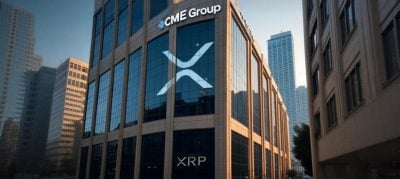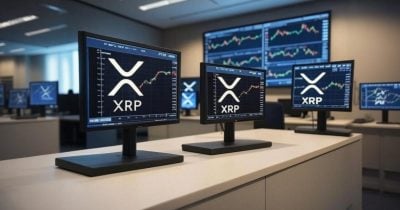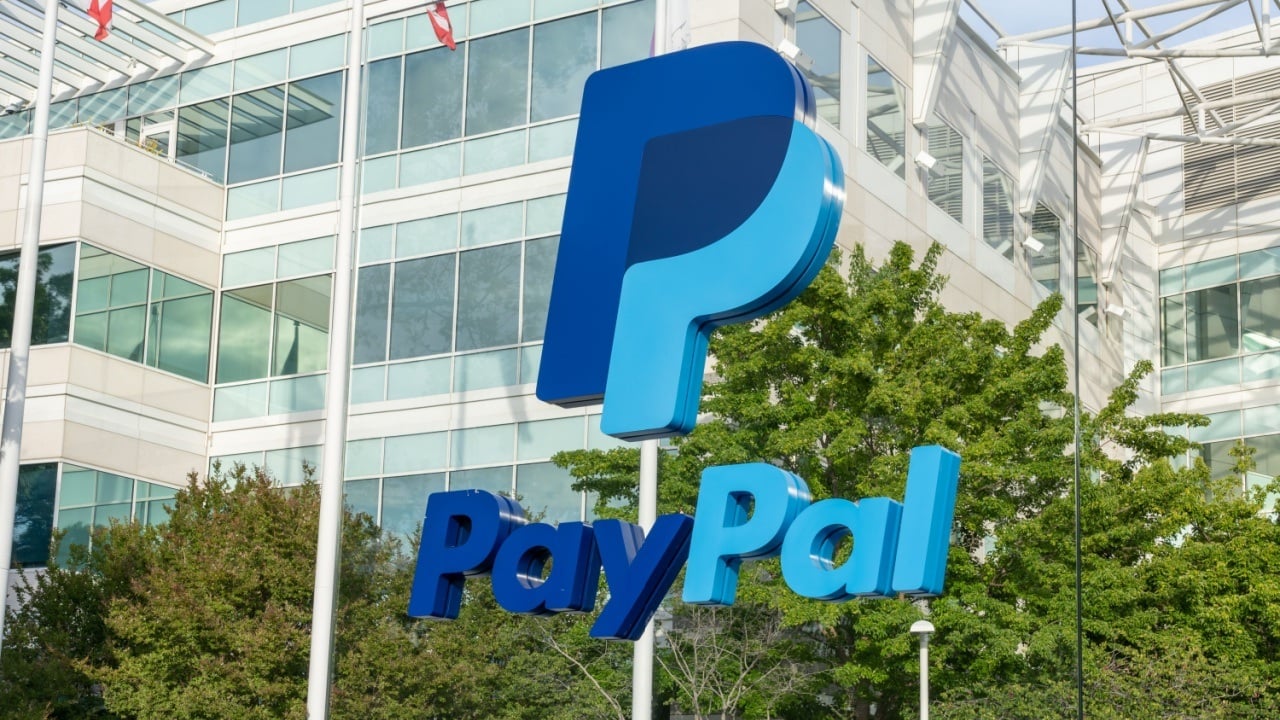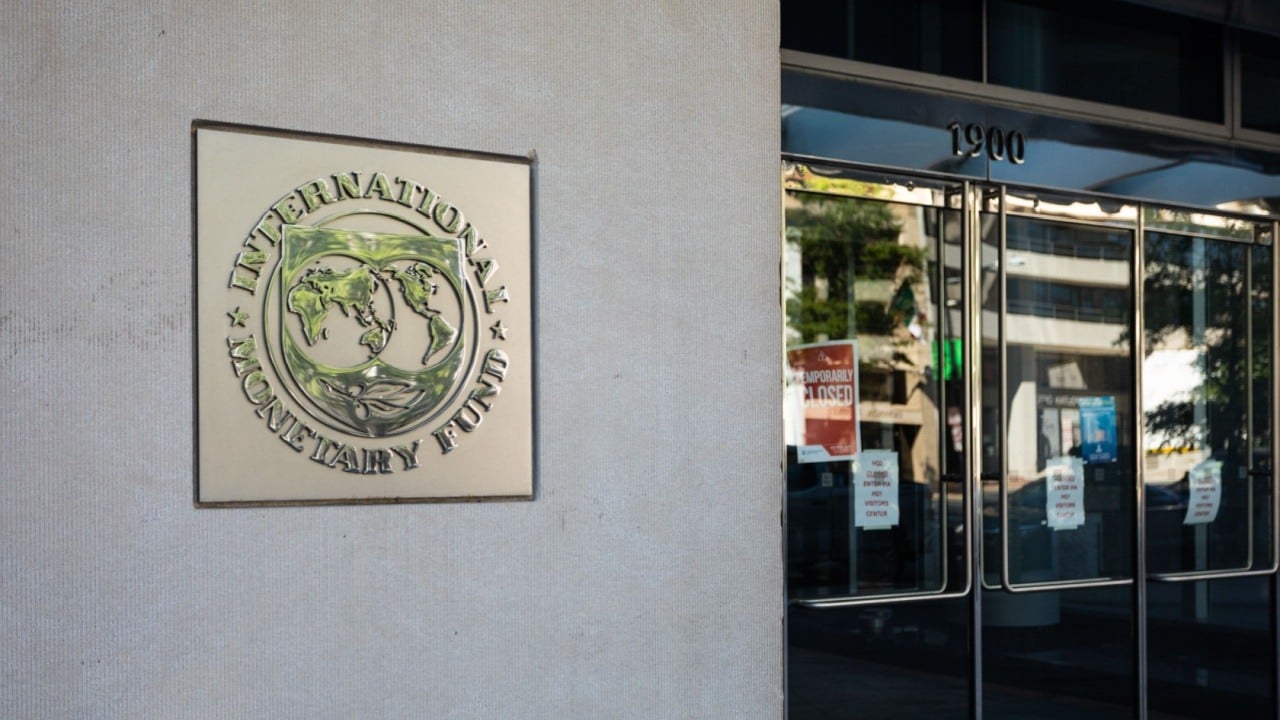Sustainability Week: Lean manufacturing: the missing link in sustainable tech
Here’s why lean manufacturing holds the key to building smarter, more sustainable business operations...

In today’s climate-aware world, sustainability is no longer a “nice to have”— it’s a business imperative.
While many companies focus on high-profile environmental initiatives like switching to renewables or offsetting emissions, the biggest opportunities to reduce environmental impact often lie within the operational backbone of an organization.
In fact, one of the most powerful, yet underutilized, tools for making meaningful, long-term progress is lean manufacturing.
Originally developed to improve productivity and eliminate inefficiencies, lean manufacturing also provides a robust framework for businesses striving to become more sustainable. By reducing waste, conserving resources, and encouraging continuous improvement, lean practices support both environmental goals and commercial performance.
As such, companies need to stop thinking about lean manufacturing as simply a strand in a strategy and instead view it as a mindset that should be embedded across the business.
Here’s why lean manufacturing holds the key to building smarter, more sustainable operations.
Efficiency as a path to lower emissions
At its core, lean manufacturing is about identifying and eliminating waste across the entire value stream. Whether it's excess material, inefficient energy use, avoidable downtime, or redundant movement of goods, lean thinking encourages businesses to streamline their processes using only what’s truly needed.
This drive for efficiency aligns naturally with sustainability objectives. Lower resource consumption means a reduced carbon footprint, while fewer defects and less overproduction leads to less waste.
In this way, environmental impact is reduced not as a side effect, but as a direct result of smarter, more thoughtful operations. Lean manufacturing is ultimately about embedding a mindset of efficiency into the full life cycle of a product or service.
Expanding lean thinking across the business
To fully realize the benefits of lean manufacturing, companies must look beyond the production line. Applying lean principles across supply chains, logistics, procurement, and office operations can yield significant environmental gains, particularly when it comes to reducing scope 3 emissions— the indirect emissions generated across a company’s value chain.
A lean approach to procurement, for instance, can mean choosing suppliers who prioritize sustainability, use cleaner transport methods, or offer repairable and recyclable components. Similarly, lean logistics can reduce emissions by optimizing shipping routes or switching to more sustainable modes of transport.
These decisions, when aggregated across a business, can lead to large-scale reductions in environmental impact and lay the groundwork for circular practices to take hold.
So, where does the circular economy come into play then?
Circular economy and green financing
The transition to a circular economy —where products are designed to be reused, repaired, or remanufactured rather than discarded— is deeply compatible with lean thinking. Both approaches focus on resource efficiency and minimizing waste.
Businesses are increasingly finding value in circular strategies, such as offering refurbished or certified pre-owned technology, or designing modular products that can evolve with user needs.
These products are subjected to rigorous quality checks and offer consumers a lower-impact, cost-effective alternative to buying new. However, implementing circular or sustainable practices isn't without its challenges, particularly financial ones. Many companies hesitate to act on their sustainability ambitions due to perceived cost barriers.
This is where green financing can be transformative. It enables businesses to invest in cleaner technologies and infrastructure without upfront capital strain, turning sustainability from a cost center into a strategic growth enabler.
As access to green loans and sustainability-linked investments becomes more widespread, financial constraints will no longer be an excuse for inaction.
Accountability through transparency
As lean and circular practices gain traction, the demand for transparency is also growing— driven by both regulation and consumer expectations.
New sustainability standards, such as the EU’s Green Claims Directive, are pushing companies to substantiate their environmental claims with measurable progress in an effort to reduce greenwashing. As such, full stakeholder visibility is fast becoming a requirement, not a request.
Meanwhile, consumers are becoming more informed and discerning and are asking deeper questions: What’s the environmental payback of this product? How does it align with my values and sustainability goals?
To answer these questions credibly, companies must collect the right data as well as embed sustainability into their culture. This means securing a sustainable position at every level— from leadership to frontline teams to supply chain partners.
When sustainability is understood as a shared responsibility, it’s more likely to be embedded into everyday decision-making, rather than sidelined as a corporate afterthought.
Companies that make these values clear from the outset will be better equipped to meet both stakeholder expectations and future regulatory demands.
Stay lean, stay sustainable
Ultimately, the path to sustainability lies in the everyday operational choices that build momentum over time.
Lean manufacturing is one of the most effective, scalable, and proven approaches businesses can use to reduce waste, lower emissions, and build more resilient supply chains.
Sustainable transformation doesn’t always require companies to reinvent the wheel. More often, it requires them to take a closer look at how they already operate and find ways to do more with less. That’s where lean makes all the difference.
Combined with circular design principles, access to green financing, and a transparent, collaborative culture, lean manufacturing offers a holistic strategy for more and more businesses aiming to future-proof themselves for a better and greener tomorrow.
We've featured the best green web hosting.
This article was produced as part of TechRadarPro's Expert Insights channel where we feature the best and brightest minds in the technology industry today. The views expressed here are those of the author and are not necessarily those of TechRadarPro or Future plc. If you are interested in contributing find out more here: https://www.techradar.com/news/submit-your-story-to-techradar-pro

























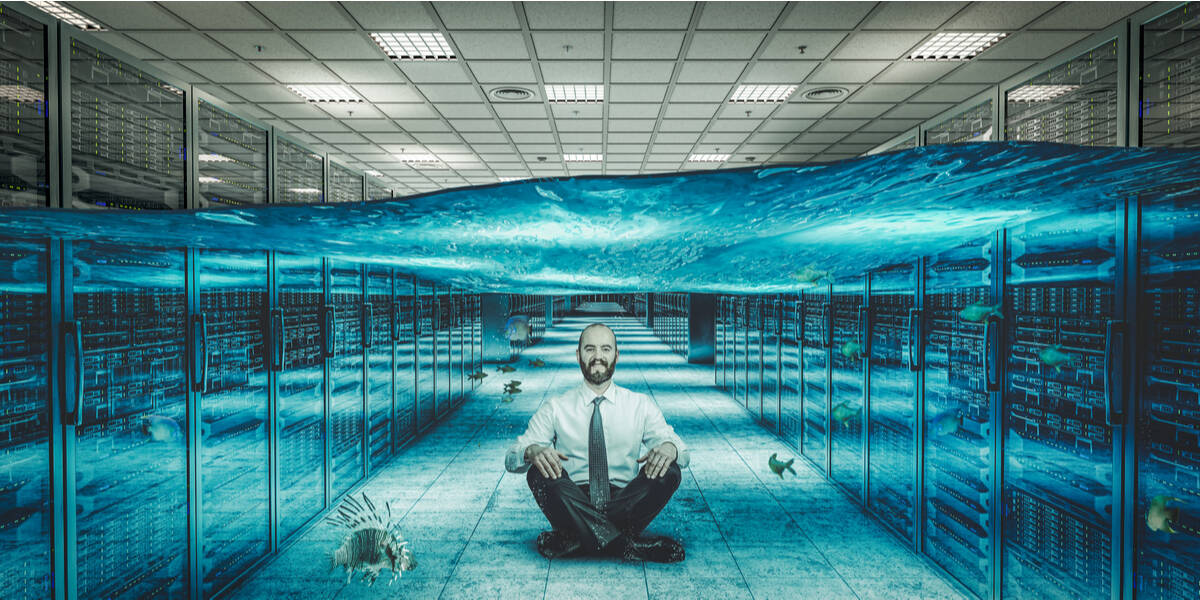

















































































































































![[The AI Show Episode 144]: ChatGPT’s New Memory, Shopify CEO’s Leaked “AI First” Memo, Google Cloud Next Releases, o3 and o4-mini Coming Soon & Llama 4’s Rocky Launch](https://www.marketingaiinstitute.com/hubfs/ep%20144%20cover.png)

































































































































![[DEALS] Sterling Stock Picker: Lifetime Subscription (85% off) & Other Deals Up To 98% Off – Offers End Soon!](https://www.javacodegeeks.com/wp-content/uploads/2012/12/jcg-logo.jpg)










































































































.jpg?#)


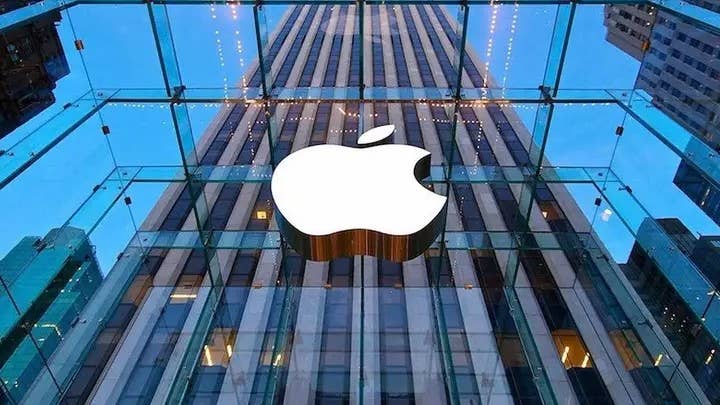










































































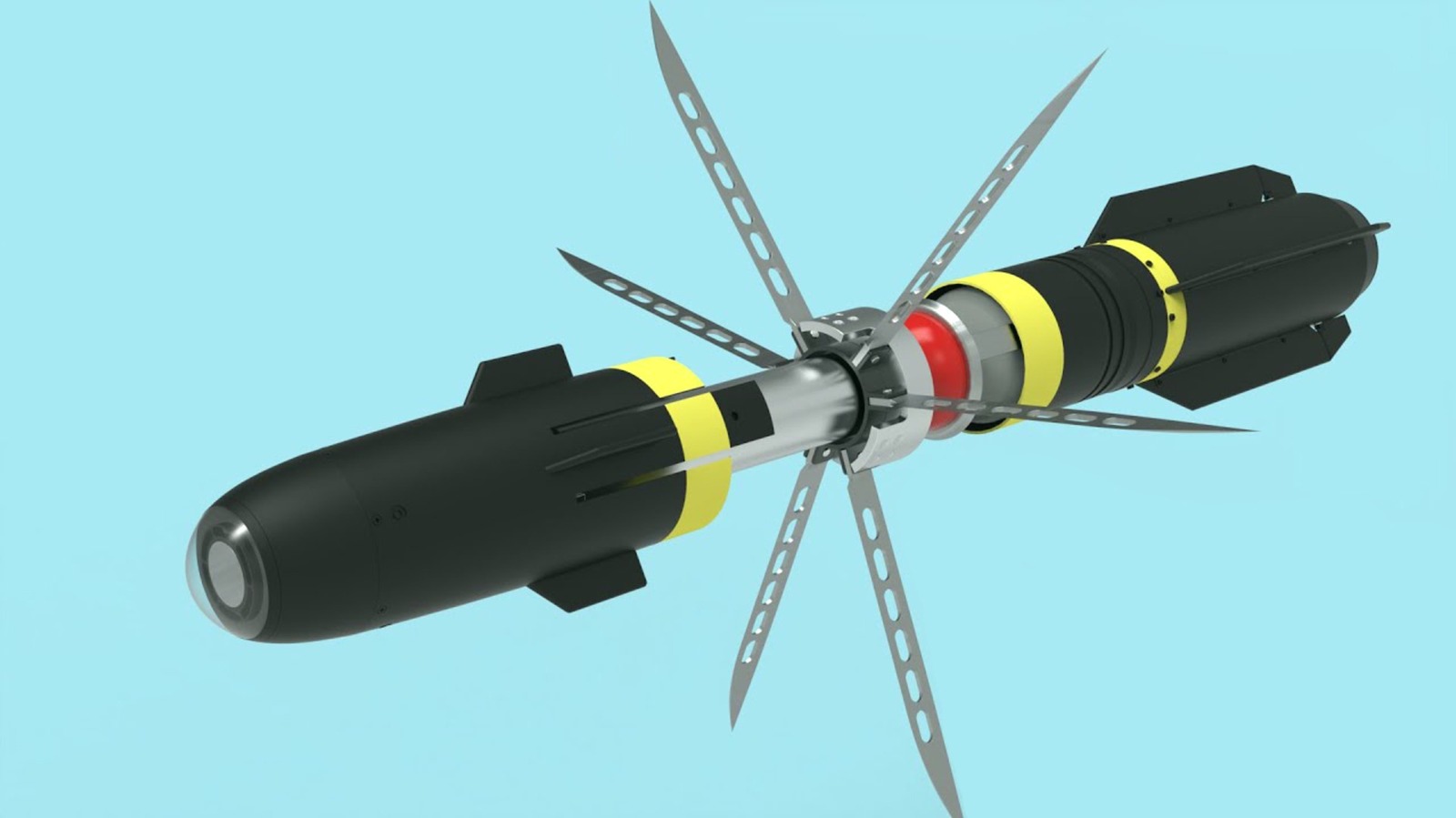







































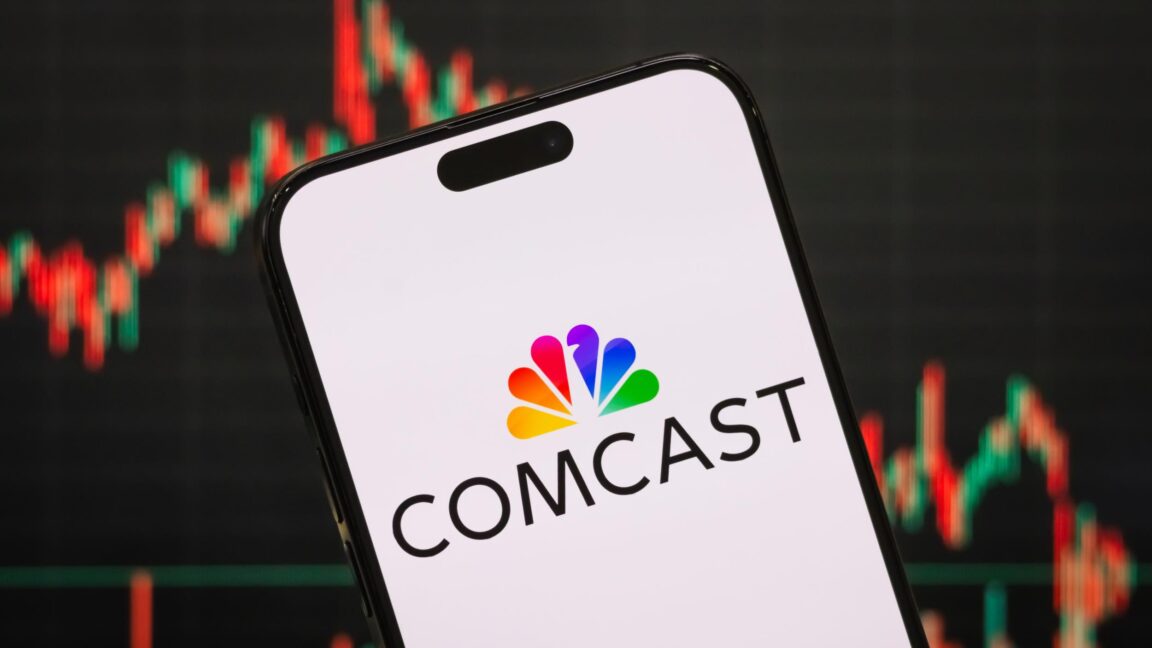





























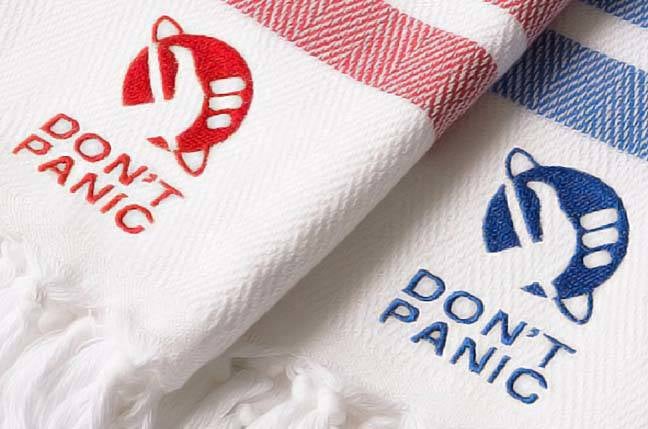


![Apple to Shift Robotics Unit From AI Division to Hardware Engineering [Report]](https://www.iclarified.com/images/news/97128/97128/97128-640.jpg)

![Apple Shares New Ad for iPhone 16: 'Trust Issues' [Video]](https://www.iclarified.com/images/news/97125/97125/97125-640.jpg)





















